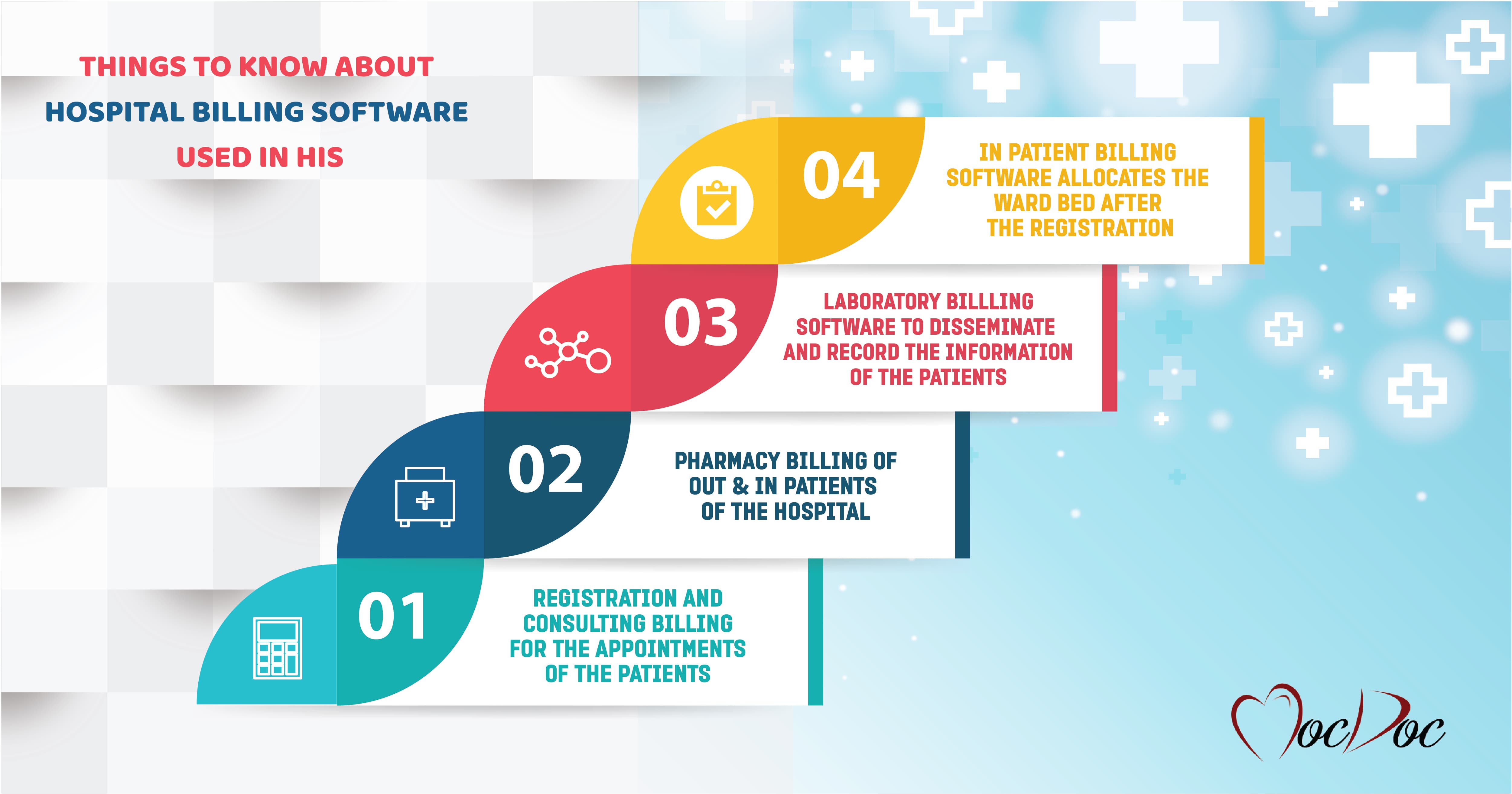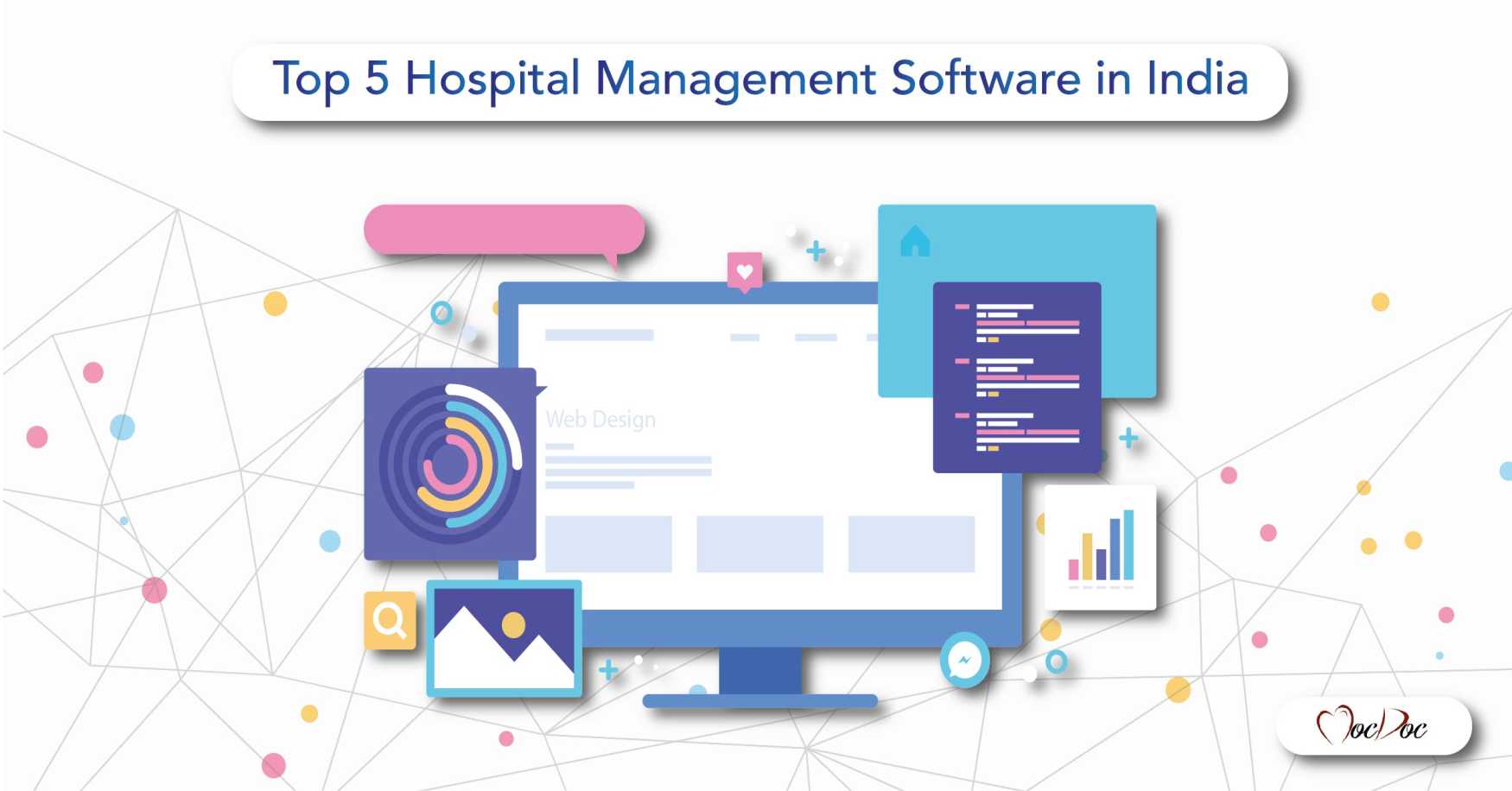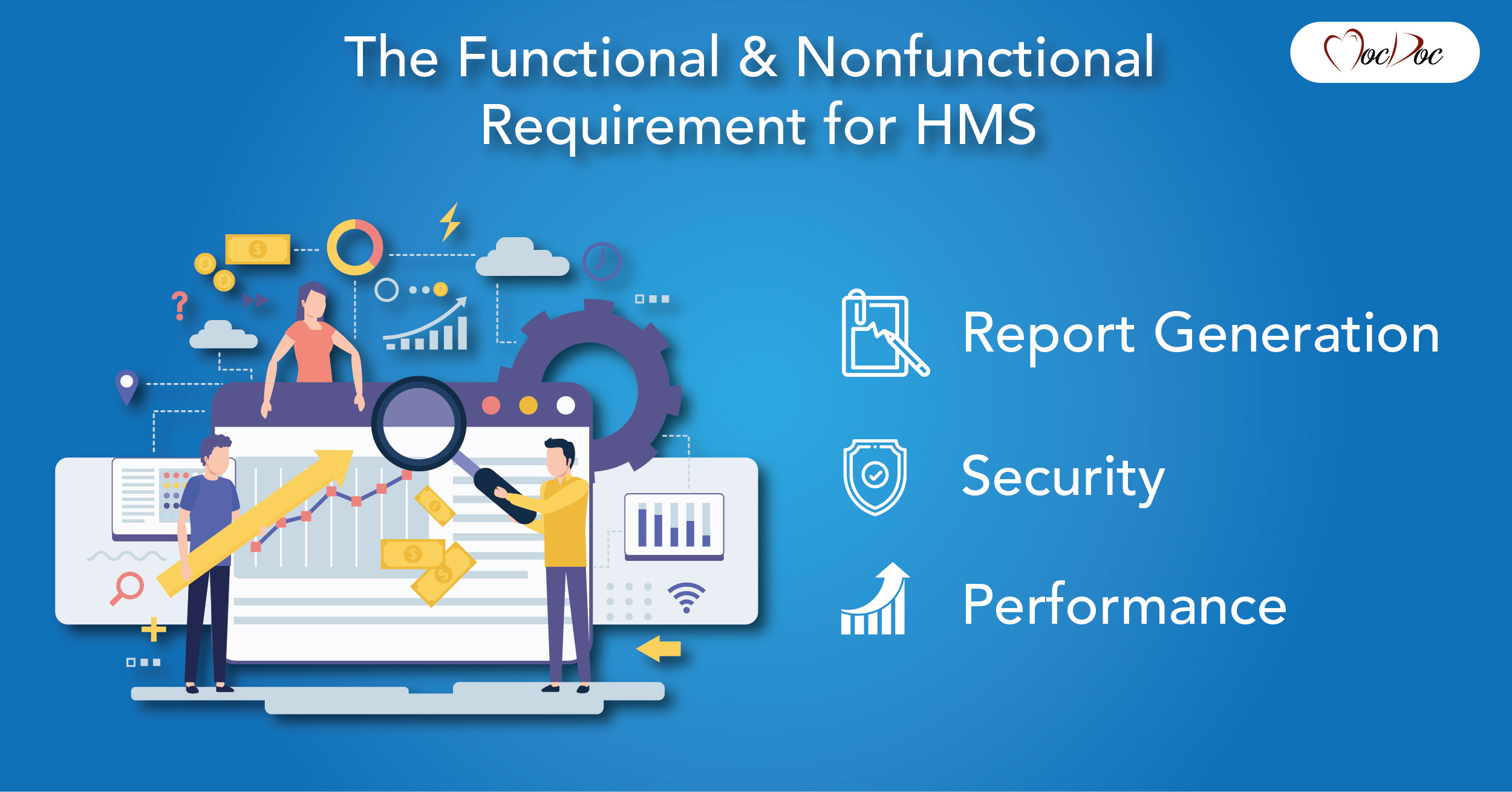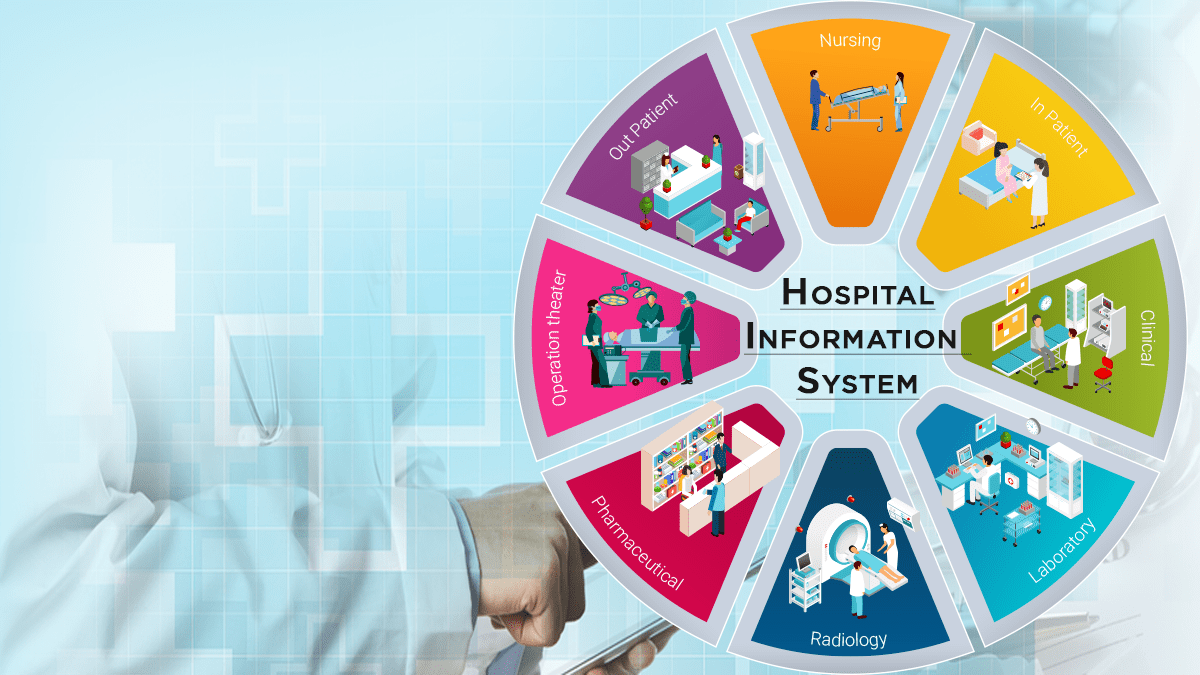MocDoc's Offerings
How to Invest in a Hospital Management System - Understanding the Pricing
Published By
Steve
2019032111:58:21
Category HMS
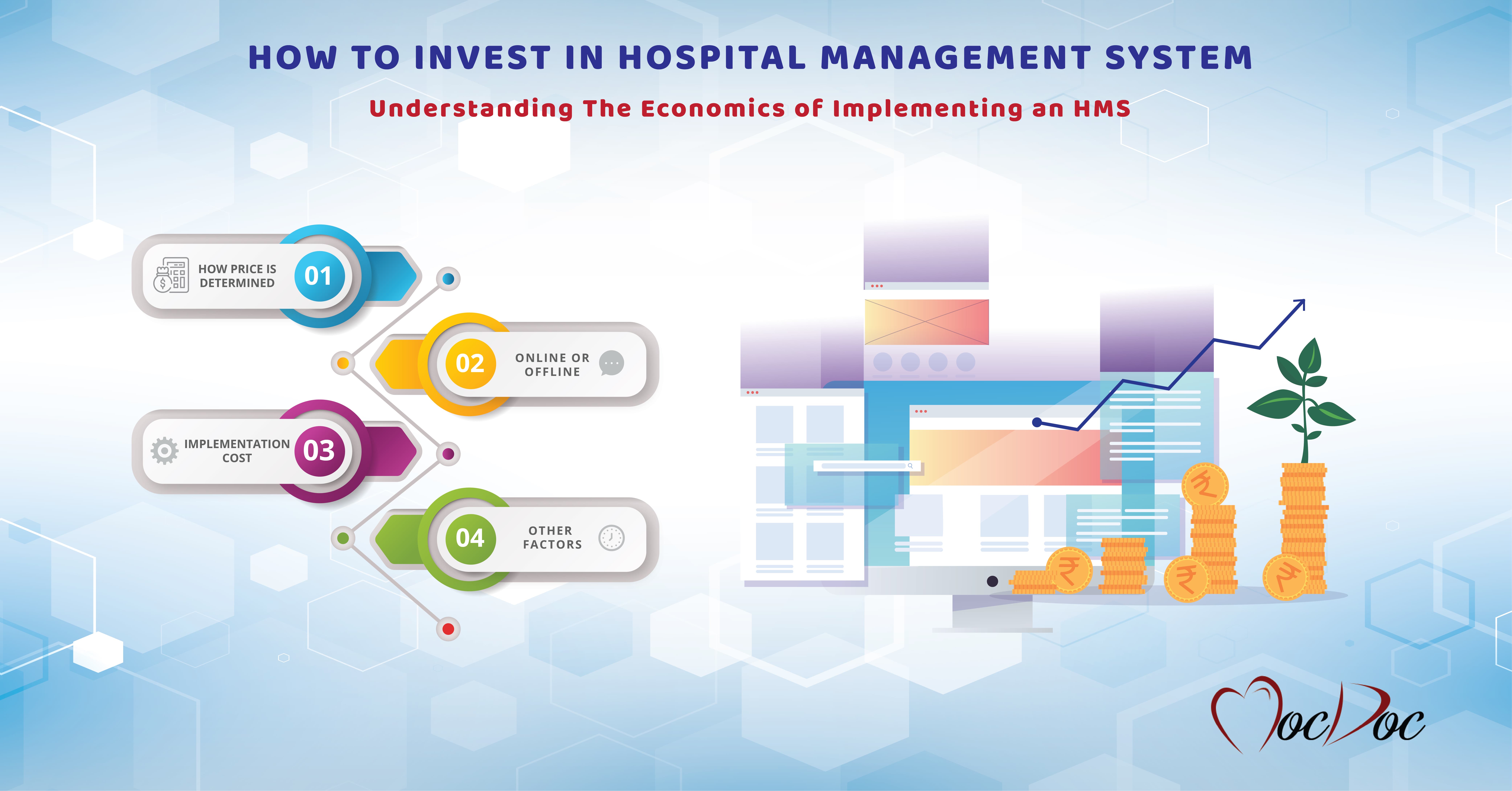
One of the first things that come into our mind before we decide to purchase something, is the cost. Whether it be a Netflix subscription or a new bike, or a business-related purchase, the price plays an important role. While acquiring Hospital Management Software also, pricing is an important factor to be considered. Hospital management software being much more complex than a movie ticket or an automobile, the costs that are involved in it are also a bit more complicated. We have previously discussed the various advantages of using hospital management software. Here let’s break down the costs involved in implementing it.
How the price is determined - The Number of Beds
Cost of a hospital management system mainly depends on the number of beds in the hospital. As a rule of thumb, we can say that the price goes up as the number of beds increase.
So generally as a hospital grows and develops, a need for a system with higher capacity comes up. This in gives you two options; either get high capacity, a non-upgradable system or get a system with the capacity you require, but which can be upgraded for better features. The latter is preferable, as in the former you end up paying for features you may not require currently.
Online or Offline System
Whether the system is online or offline brings up different kinds of expenditures.
Generally for an offline software, the firm that provides the system will simply install the software for a one time fee. The hospital will have to acquire servers by itself and manage its own data, install the cables, network its systems, and generally, have to deal much more into the hardware aspect than online software. In such cases, extra costs other than the cost of the software itself will come up. Also, a dedicated team for managing the system will be required for general maintenance.
Online systems generally simplify these functions, as the firm providing the system will be dealing with software aspect, as well as most of the hardware aspects(such as servers, etc. Computer systems and other hardware will have to be purchased by the hospital as required). In this case, the system exists like a subscription service, where for an annual or monthly fee, the firm providing the system will maintain and manage the servers and the system. There’s much less hardware to be acquired from other sources. A simple PC connected to the internet can easily access the system. The human resources required from the hospital for maintaining the system is much less.
So in general Online Systems are more cost-effective, especially in the long run.
Implementation Cost
Implementation cost is another aspect to be considered while implementing a hospital management system. If an existing software has to be replaced by new software, the data from the old system will have to be imported into the new system. The cost involved in this, as mentioned above, will depend on the amount of data, calculated as number of beds. If the hospital has been storing all the information in paper format, resources may be needed to enter this data to the system. Implementation costs also involve setting up access for various doctors and departments.
The implementation also requires providing training for various employees, which will be different for different departments. It is important to ensure that the training is included in the implementation cost while choosing the system.
Other Factors
A good hospital management system would offer all the features that are generally required. The software can differ in their level of sophistication, from simple accounting software to software that provides updates patients using an app or SMS. The price can vary according to the level of sophistication. Most software firms offering hospital management software are willing to provide additional features, but this usually comes at an additional price, depending on the resources required
Simple software is easily available for a lower cost, but as the functionalities required increases, the price also naturally increases.
Another factor that may bring up extra cost is the technical support provided by the companies. All though most online systems get support throughout the subscription period, in the case of offline systems, enquiries have to be made to know if the additional cost may be incurred for support.
As mentioned in previous blogs, the possibility of upgrades has to be considered. Online systems cost less for upgrades, as the hospital expands, and for better features. Considering this, online systems may turn out to be cost-effective in the long run.
Overall, the costs involved could be divided into implementation costs and maintenance cost, both of which are dependant on the number of beds. For an offline software, an annual or monthly software subscription fee have to be considered, which may or may not cover the implementation and maintenance cost.
The economic benefits of getting an offline software and investing on servers and hardware and that of getting an online software and paying an annual subscription fee have to be compared, which could differ for different hospitals. The Hospital Management Software being a long term investment, saving up by getting a software with fewer features, may cost you a lot more with frequent expensive upgrades required as the hospital grows. Additional costs that may arise in the form of support, server maintenance, extra features, possible upgrades have to be looked into while making a decision.
The Hospital Management Software being a long term investment, saving up by getting the software with fewer features may cost you a lot more with frequent expensive upgrades required as the hospital grows.
Related Articles
Things to know about Hospital ...
Billing software is one of the essential software ..... Read more
Top 5 Online Hospital Manageme...
Hospital Management Software is a vital business t..... Read more
The Functional and Nonfunction...
Hospital Management System is used to take the dat..... Read more
A detailed view of Hospital Ma...
A hospital management system was introduced ..... Read more
